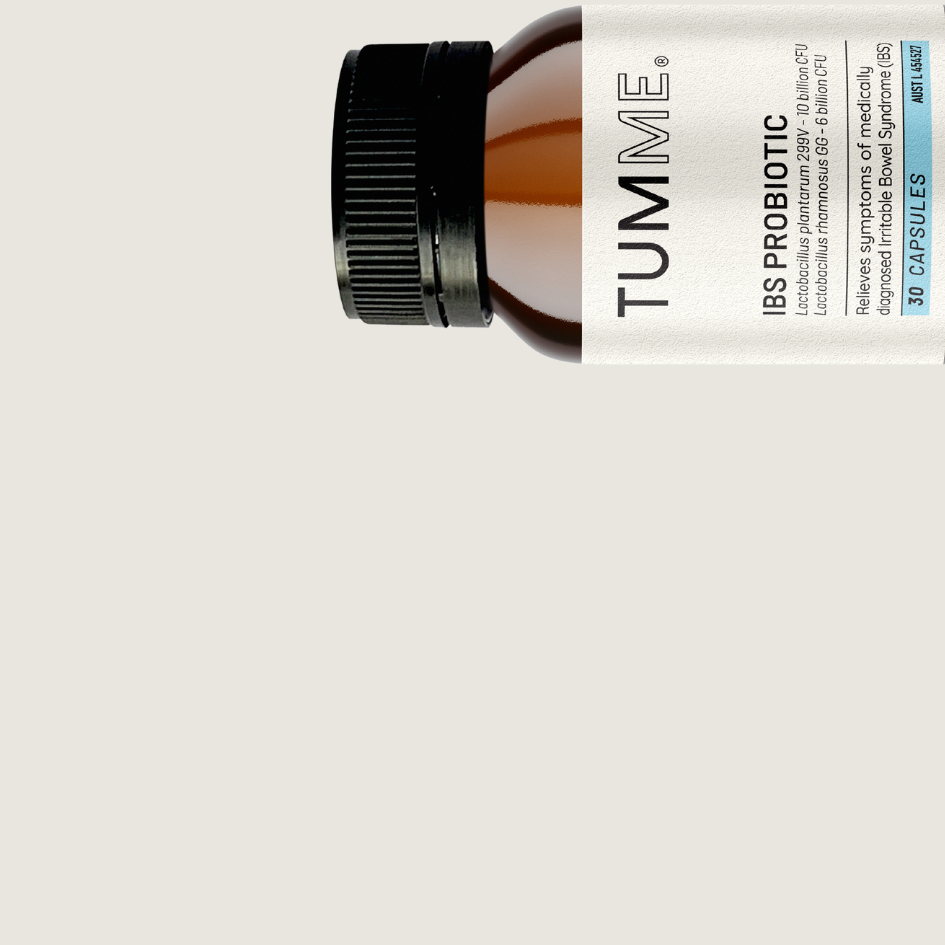Dining out with irritable bowel syndrome (IBS) can present challenges, but with the right approach, you can navigate restaurant menus with confidence and enjoy delicious meals without worry. Here are ten tips to help you master the art of eating out with IBS:
- Plan Ahead: Before heading to a restaurant, take some time to research the menu online. Look for dishes that are likely to be IBS-friendly, such as grilled proteins, steamed low FODMAP vegetables, or plain rice. Planning your meal in advance can alleviate stress and help you make informed choices.
- Consider Timing: Opt for dining during less busy hours when restaurants may be more accommodating to special requests. This can also help reduce stress and ensure a more relaxed dining experience.
- Communicate Your Needs: Don't hesitate to inform the staff about your dietary restrictions and IBS. They can provide valuable assistance in selecting suitable menu options or making modifications to dishes to accommodate your needs.
- Be Specific: Clearly communicate your dietary requirements, including any food intolerances or trigger foods you need to avoid. The more specific you are, the better equipped the restaurant staff will be to meet your needs.
- Request Modifications: Many restaurants are willing to customize dishes to accommodate dietary preferences. Whether it's asking for sauces on the side, omitting certain ingredients, or substituting sides, don't be afraid to request modifications to suit your needs.
- Choose Wisely: When perusing the menu, opt for simpler dishes with fewer ingredients and spices. Steer clear of known trigger foods such as dairy, spicy foods, and high-fat or high-fibre dishes that may exacerbate your symptoms.
- Stay Hydrated: Drink plenty of water throughout your meal to aid digestion and help alleviate symptoms of bloating or discomfort. Avoid carbonated beverages and alcohol, which can exacerbate digestive issues for some individuals with IBS.
- Pack Essentials: Consider bringing along digestive aids such as peppermint oil capsules, lactase tablets or over-the-counter medications recommended by your healthcare provider. Having these on hand can provide relief if you experience discomfort during or after your meal.
- Listen to Your Body: Above all, listen to your body and honour its signals. Pay attention to how different foods affect your symptoms and adjust your choices accordingly. If you experience discomfort, take note of which foods may have triggered it and avoid them in the future.
By incorporating these tips into your dining-out routine, you can enjoy delicious meals while managing your IBS symptoms effectively. With a bit of planning, communication, and mindfulness, dining out with IBS can be a pleasurable experience that nourishes both body and soul.






